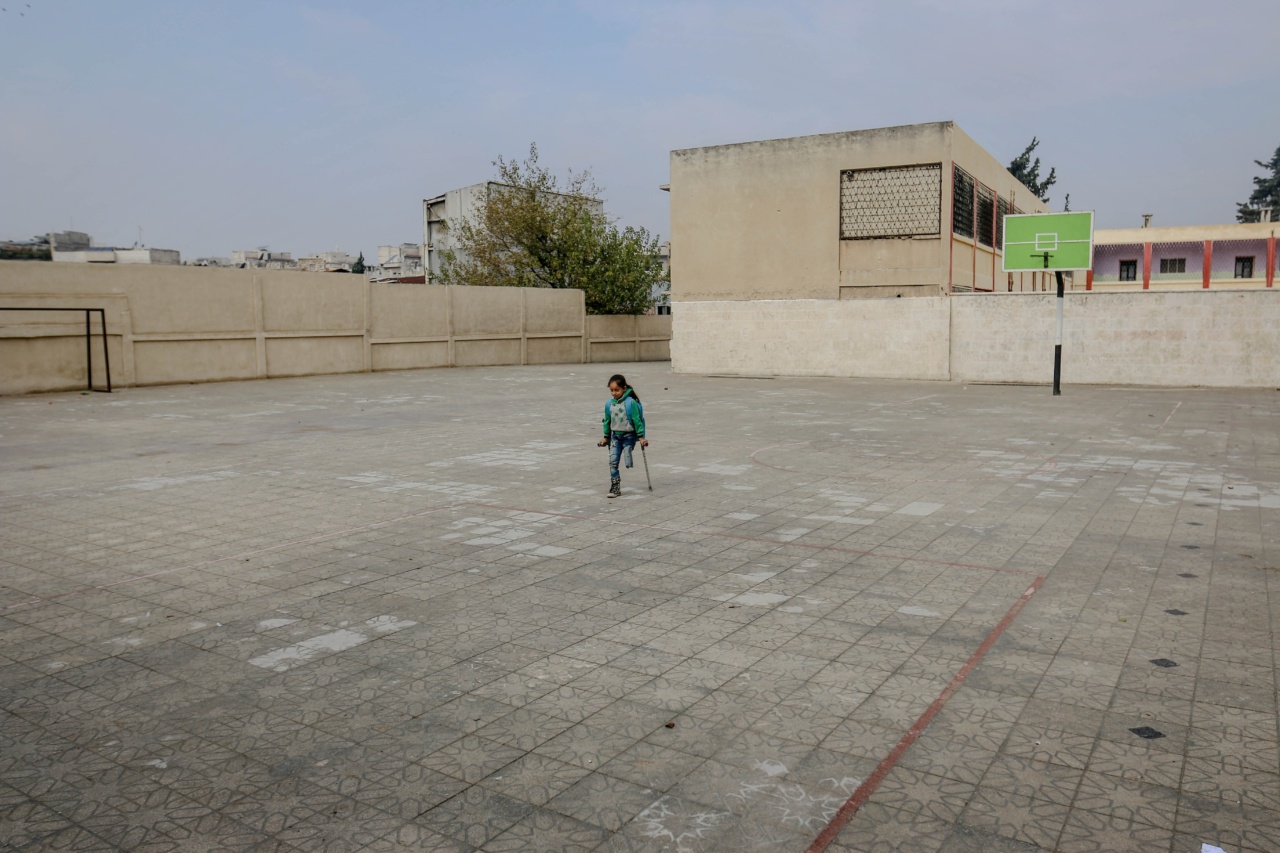The global refugee crisis continues to be a pressing issue that demands attention and understanding.
As thousands of individuals are displaced from their homes due to violence, persecution, or natural disasters, the psychological impact on refugees is immense. It is crucial to recognize the importance of refugee psychology, as it plays a significant role in shaping the future of these displaced populations. This article explores why refugee psychology will be vital in tomorrow’s world.
The Psychological Effects of Forced Displacement
When individuals are forced to flee their homes and become refugees, they are exposed to tremendous psychological stressors.
The experience of displacement, loss of loved ones, and exposure to violence or trauma can lead to severe mental health issues such as post-traumatic stress disorder (PTSD), anxiety, depression, and other psychological disorders. Furthermore, the uncertainties of a new environment, language barriers, and cultural differences can further exacerbate these psychological effects.
The Importance of Refugee Mental Health Services
Addressing the mental health needs of refugees is crucial for their overall well-being and successful integration into their host communities.
Mental health services specifically tailored for refugees can provide necessary support in coping with trauma, grief, and other psychosocial challenges. These services can reduce the risk of long-term psychological distress and enhance individuals’ resilience, enabling them to rebuild their lives.
Understanding Cultural Context and Trauma
Refugee psychology takes into account the cultural, social, and political aspects that shape the experiences of displaced populations. It recognizes that trauma is not only an individual experience but also a collective one.
Understanding the cultural context and unique traumas faced by refugees allows mental health professionals to deliver more effective and culturally sensitive interventions.
The Role of Education
Education in refugee psychology is essential for mental health professionals working with refugees. It equips them with the necessary knowledge and skills to address the complex psychological needs of this vulnerable population.
Training programs can focus on trauma-informed care, cross-cultural communication, and understanding the specific challenges faced by refugees. By investing in education and training, we can ensure that mental health practitioners are better equipped to support refugee communities.
Promoting Resilience and Post-Traumatic Growth
Refugees have often displayed remarkable resilience and the ability to overcome adversity. Refugee psychology emphasizes the importance of promoting resilience and facilitating post-traumatic growth.
By focusing on individuals’ strengths, resilience can be fostered and leveraged to aid in their psychological recovery. This approach enables refugees to rebuild their lives, regain a sense of purpose, and contribute positively to their communities.
Addressing Stigma and Social Integration
Stigma surrounding mental health issues remains a significant barrier to seeking help for refugees. Many refugees fear discrimination or judgment, hindering their access to mental health services.
Refugee psychology emphasizes the need to address and challenge such stigma, promoting a more inclusive and supportive environment for individuals in need. Moreover, supporting social integration initiatives can help bridge the gap between refugees and their host communities, reducing isolation and fostering a sense of belonging.
Preventing the Intergenerational Transmission of Trauma
Refugee psychology recognizes the risk of intergenerational transmission of trauma within refugee populations.
Children and adolescents growing up in a displaced environment are especially susceptible to the psychological impact of their parents’ trauma. Understanding this phenomenon and implementing appropriate interventions can break the cycle of trauma and foster healthier outcomes for future generations.
Advocacy for Policy Change
Refugee psychology has an essential role in advocating for policy changes that promote the mental health and well-being of refugees.
By working to influence policy at local, national, and international levels, mental health professionals can bring attention to the unique needs and challenges faced by refugees. These policy changes can lead to improved access to mental health services, greater inclusion, and the integration of mental health care into overall refugee assistance programs.
Collaboration and Research
Collaboration among mental health professionals, researchers, policymakers, and humanitarian organizations is crucial in advancing refugee psychology.
By sharing knowledge, experiences, and research findings, stakeholders can develop evidence-based interventions and strategies that effectively address the mental health needs of refugees. This interdisciplinary collaboration ensures a more comprehensive approach to supporting and empowering displaced populations.
The Path to a More Compassionate Future
As the world faces ongoing refugee crises, understanding and prioritizing refugee psychology is crucial.
By acknowledging the psychological impact of forced displacement and investing in adequate mental health services, education, and advocacy, we can pave the way for a more compassionate and inclusive future. Empowering refugees and addressing their mental health needs not only benefits individuals and communities but also contributes to building a more just and equitable society.






























